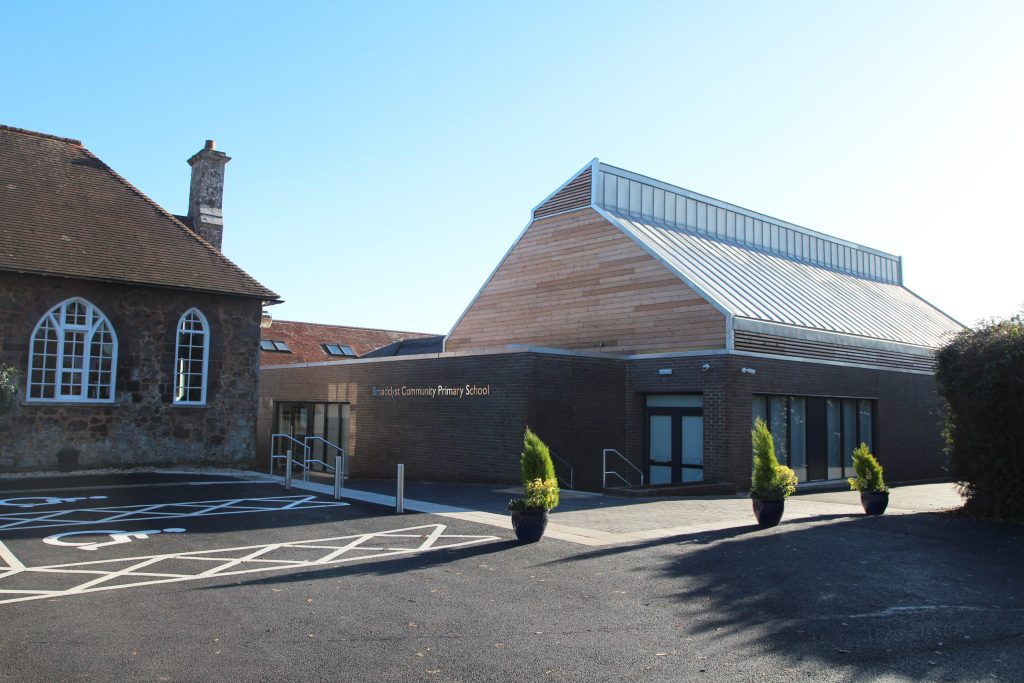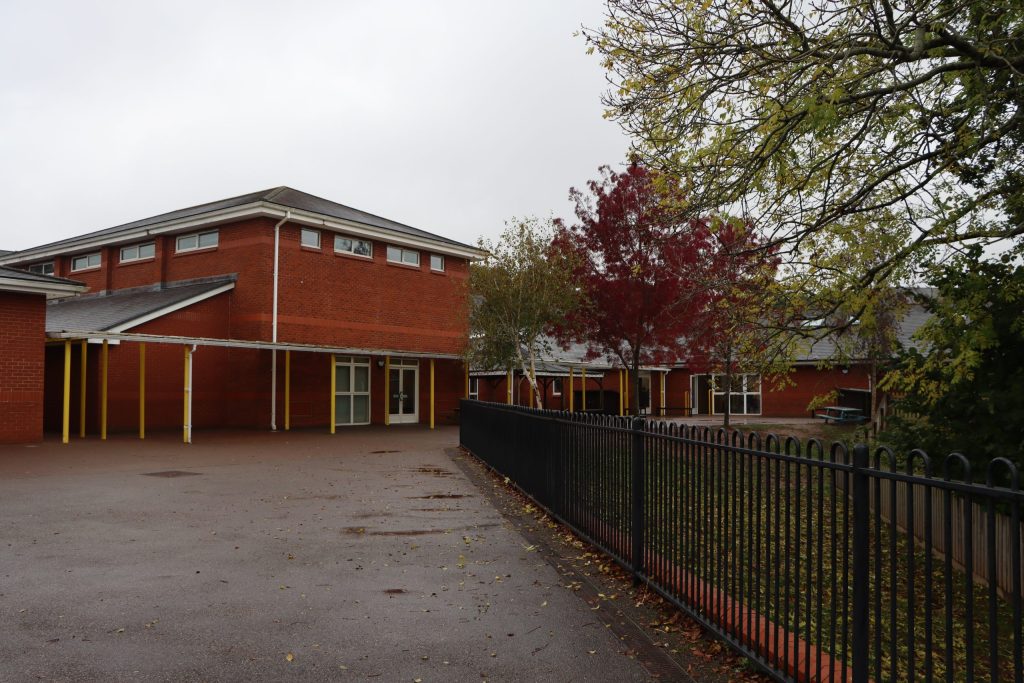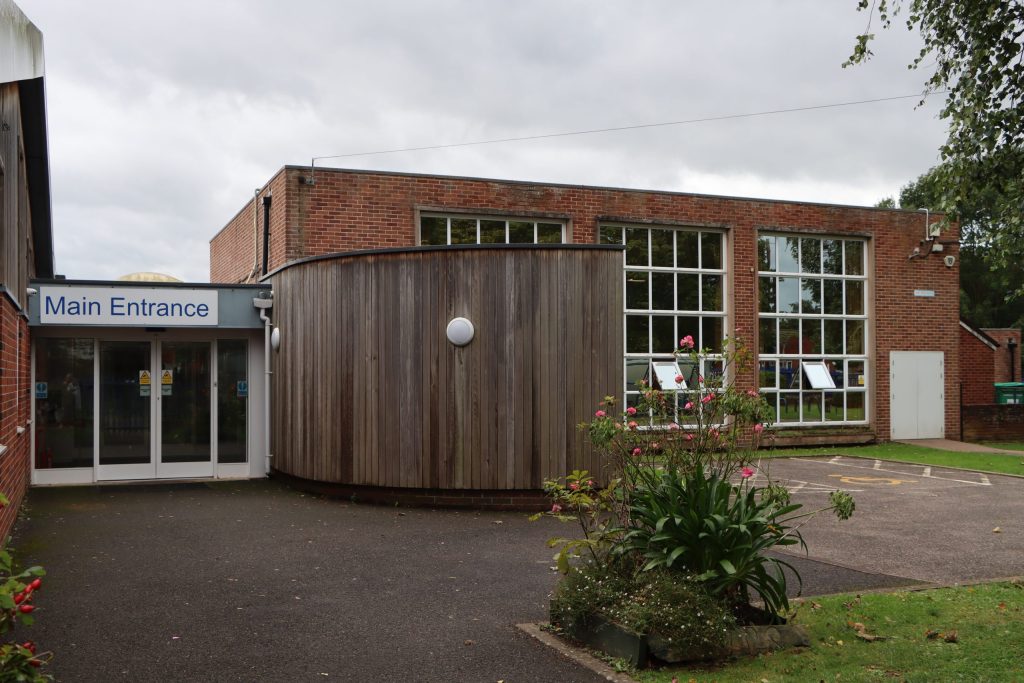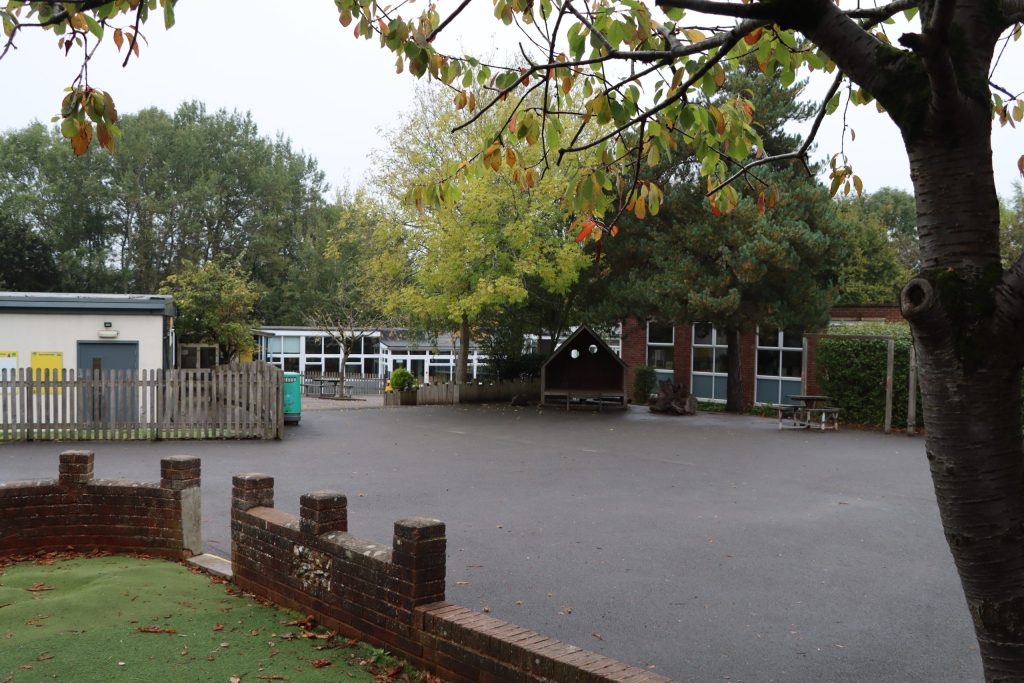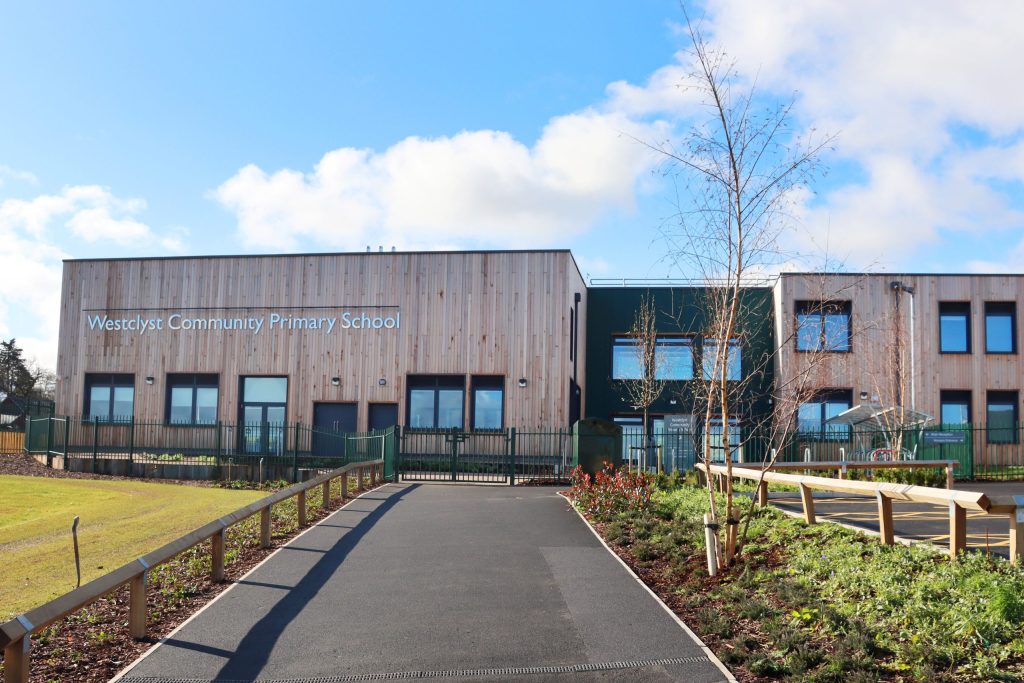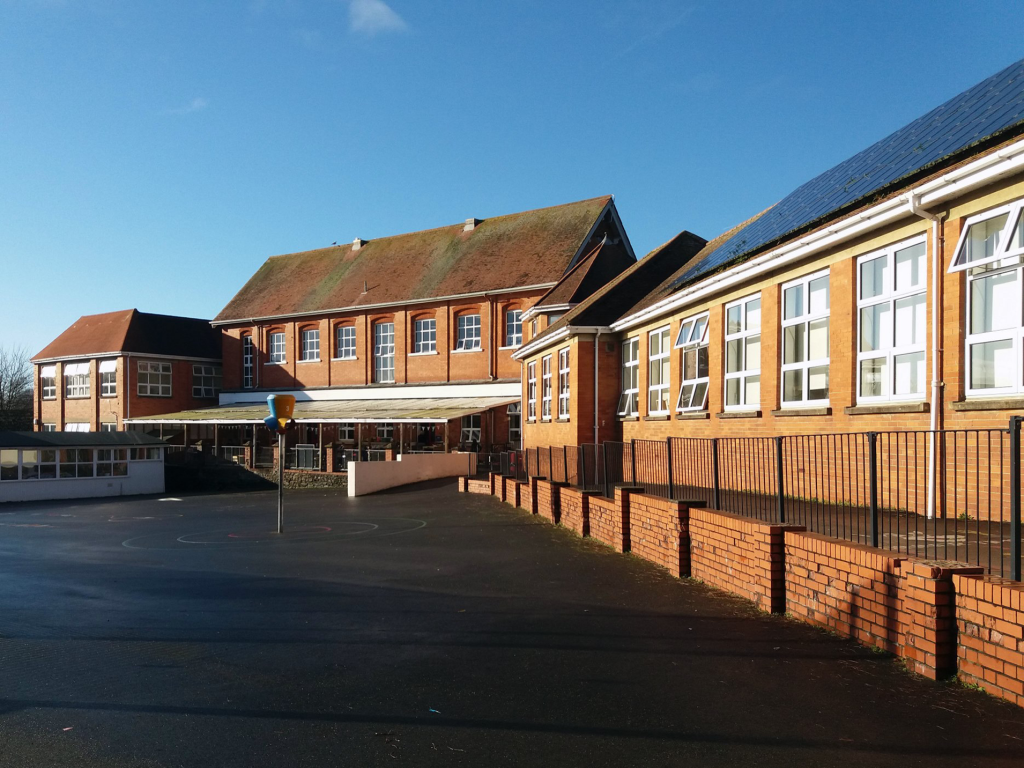Year 4 Curriculum Map
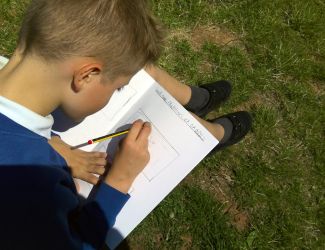
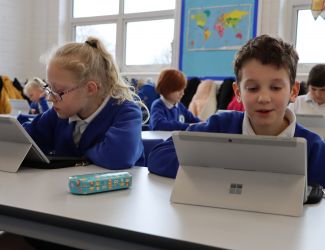
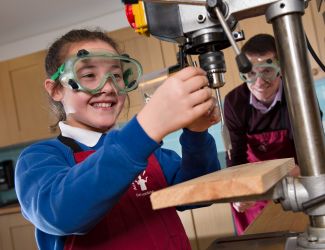
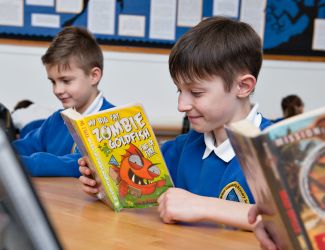
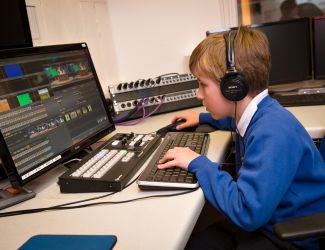

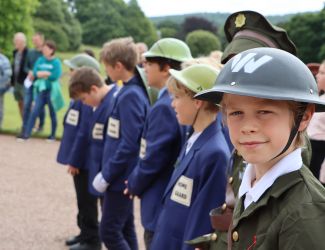

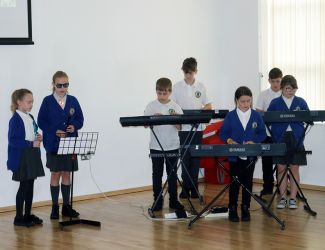
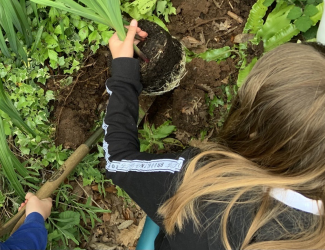
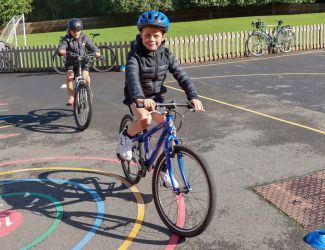
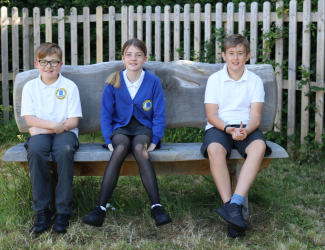

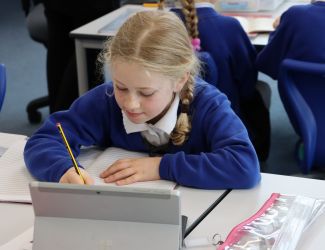
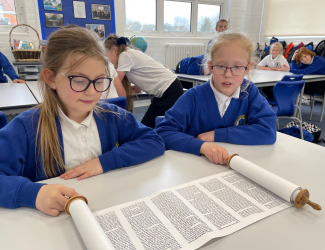
Year 4 is an action-packed adventure from start to finish! We aim to deliver a rich and varied curriculum while building the children’s independence and confidence. From exploring global climate zones and designing virtual worlds to stepping into the studio to perform our very own Horrible Histories scripts, there’s never a dull moment.
During the Eggy Challenge, we launch rockets into the sky, hoping to protect our precious eggs from certain doom using only recycled materials. We then go head-to-head with other schools in the Trust for our Blackthorn Project, where the children take the lead—bringing their own ideas to a set theme in the hope of winning the infamous trophy! A major highlight of Year 4 is our one-night residential to Escot. The children immerse themselves in nature, explore an Anglo-Saxon village, and even find themselves up to their chins in a swamp! They also visit a variety of places of worship, exploring the big question: “Does worship need to happen in a special place?”
Each term brings new adventure and challenge—and there’s always something exciting waiting just around the corner.
Curriculum Map
Project Based Learning Focus
Autumn Term
Term1
Poetry Anthology: An E-Book of Poetry
Building upon prior poetical knowledge, children will write in many different poetic styles to create a poetry complication anthology of poems all around Harvest and Autumn, inspired by real poetry.
Term 2
Famous Women of History: Little Stories, Big Dreams Picture Book, shared with EYFS
Children will develop their historical research by studying famous women of history. Literacy skills will also be built upon by comparing traditional tales and creating their own ‘fairy stories’ inspired by the Little Stories, Big Dreams series. Children will then share their stories with EYFS children.
Spring Term
Term 3
Vile Victorians: Horrible Histories Production filmed in the TV Studio
Experiencing Victorian life through themed days, historical visits and knowledge building in class, the children will learn about all walks of Victorian life before creating short scripts, rehearsing short scenes and creating their own Vile Victorians episode of Horrible Histories.
Term 4
Vile Victorians: Horrible Histories Production filmed in the TV Studio
Continuation from the previous term’s project, now filming and editing.
Morse Code Machines: Designing and Developing
Children will design and develop their own Morse Code Machines, by learning about the code language, solving problems, testing electrical circuits and sound over distance.
Summer Term
Term 5
Storytelling: Anglo-Saxon Inspired Adventures Retold Around a Campfire
Develop a deeper understanding of adventure narratives found in traditional folk tales and write some of their own to memorise and retell around a campfire.
Term 6
The Blackthorn Awards: A Local Agricultural and Wildlife Project
With a focus on child led learning, a visit to a local farm will inspire children to follow a theme and create an interactive and physical display on their local environment and farmland to present to judges at an awards ceremony.
Key Texts
Autumn Term
Term 1
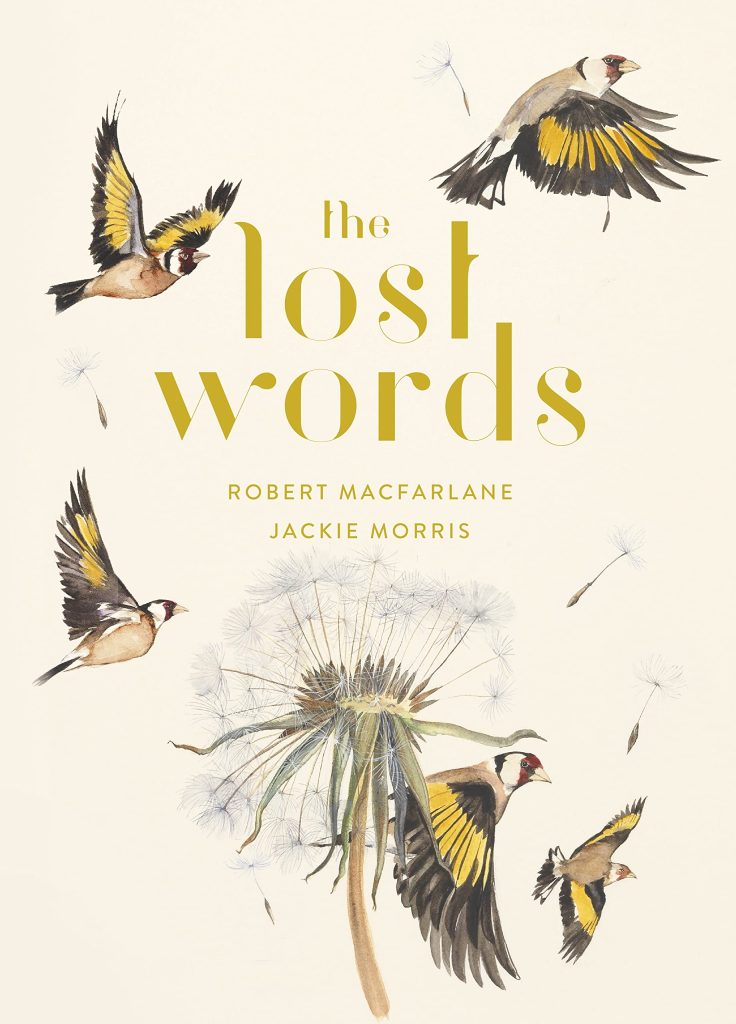
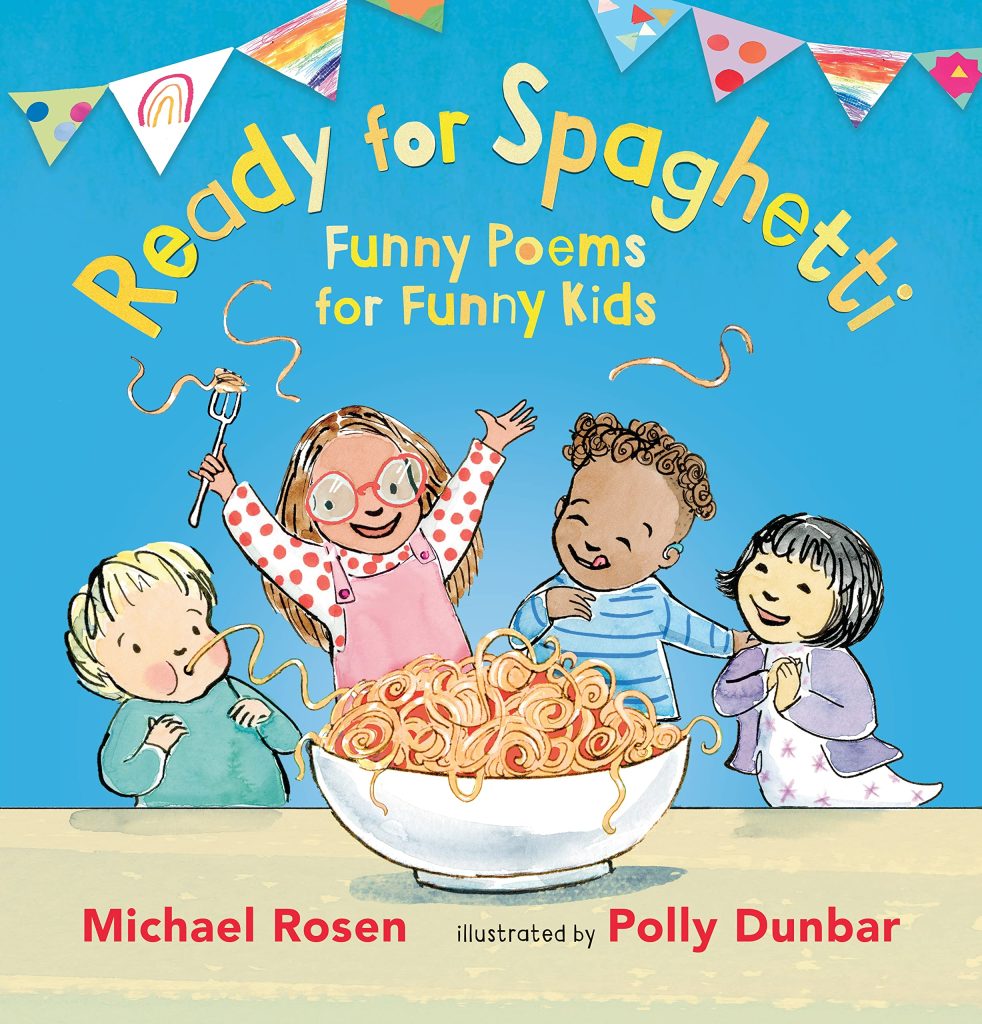
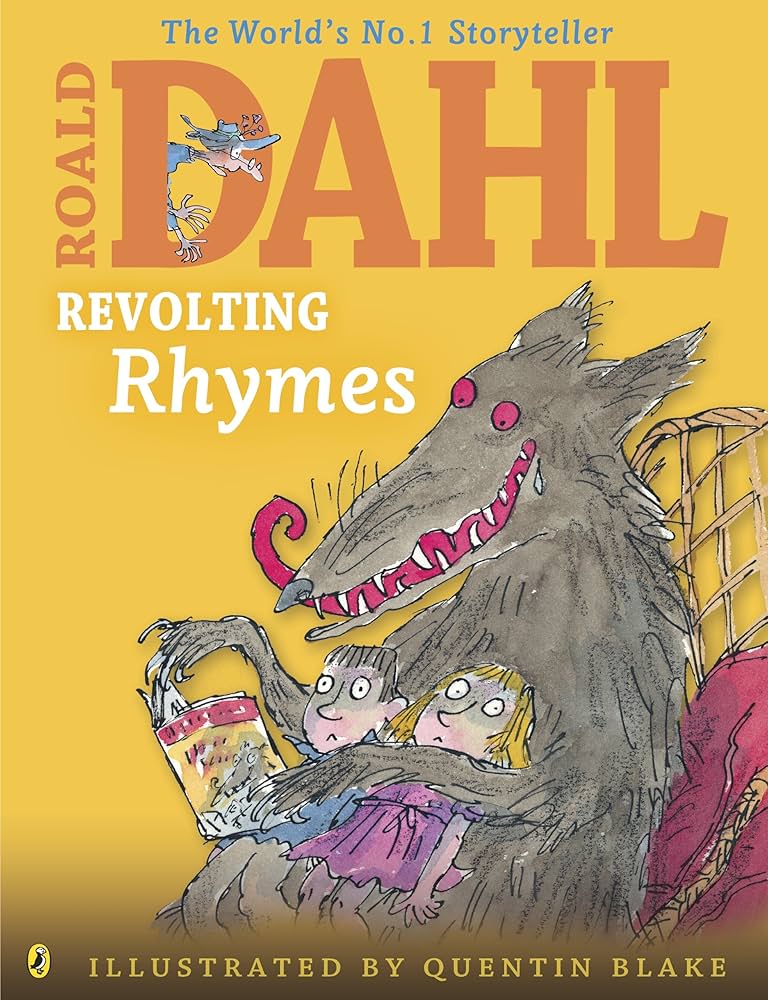
Term 2
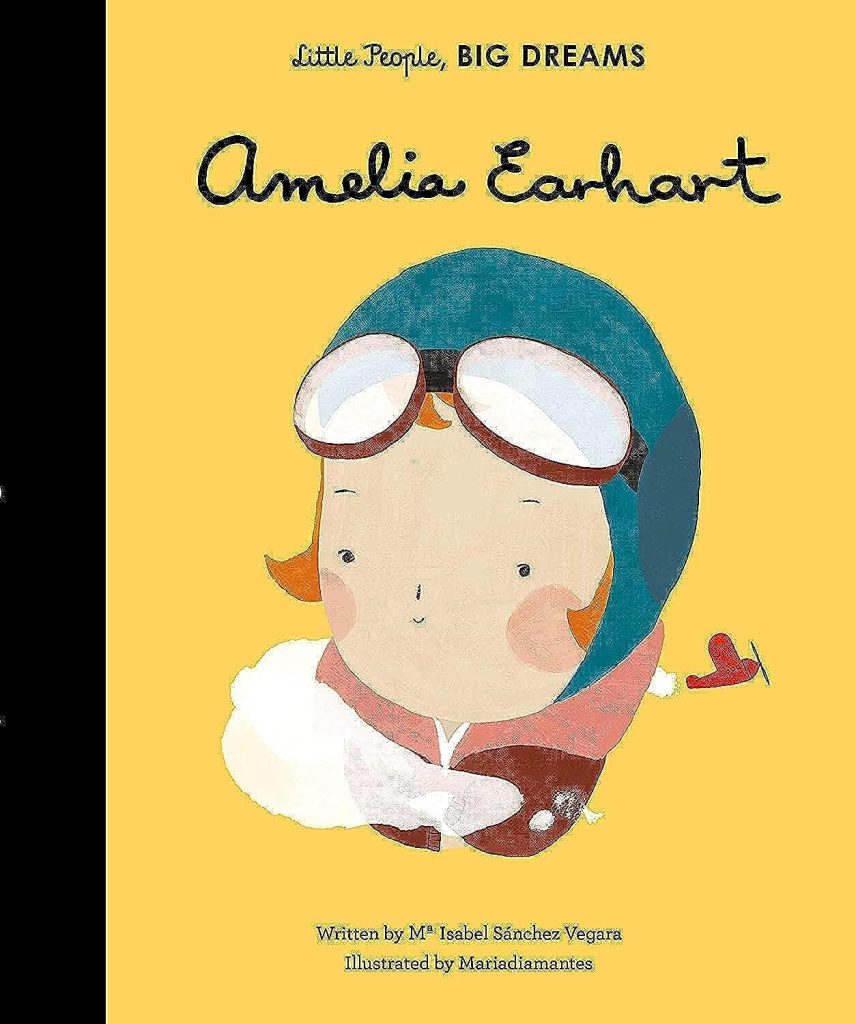
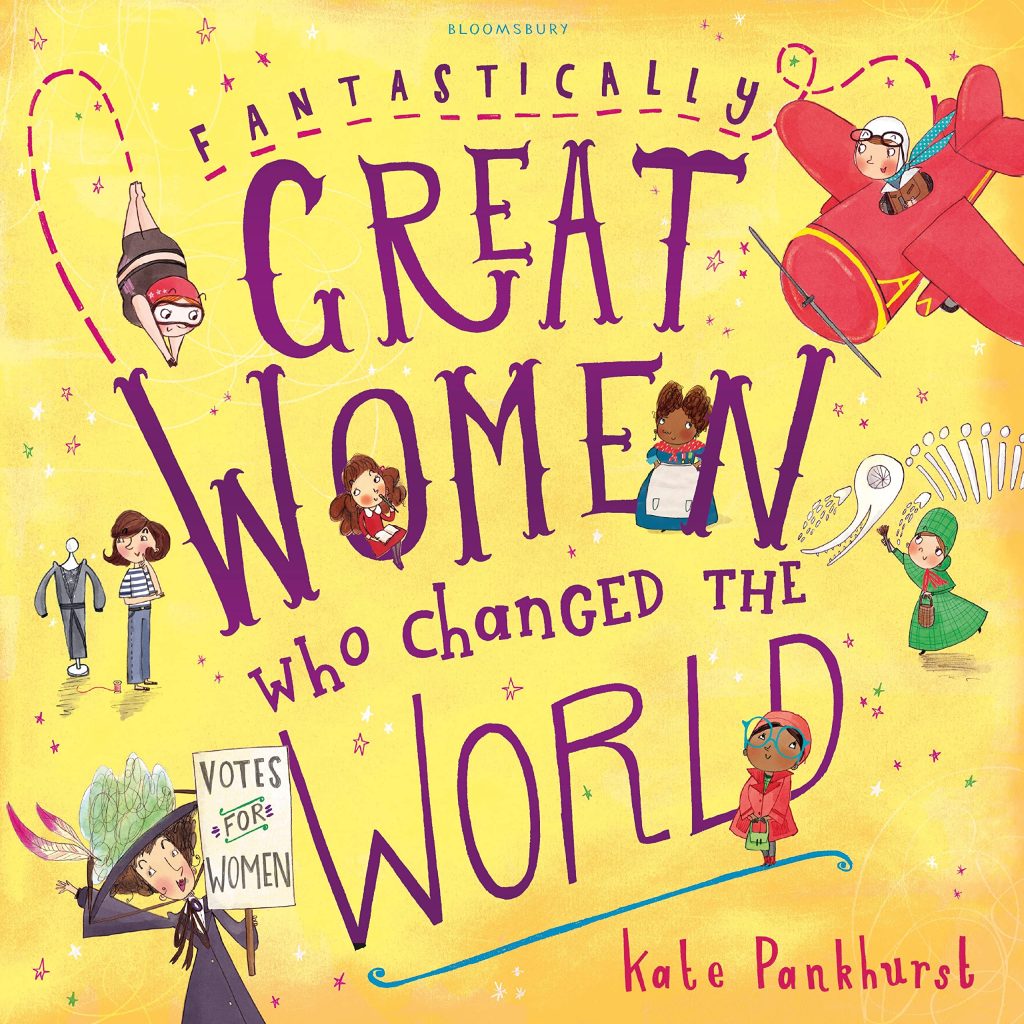
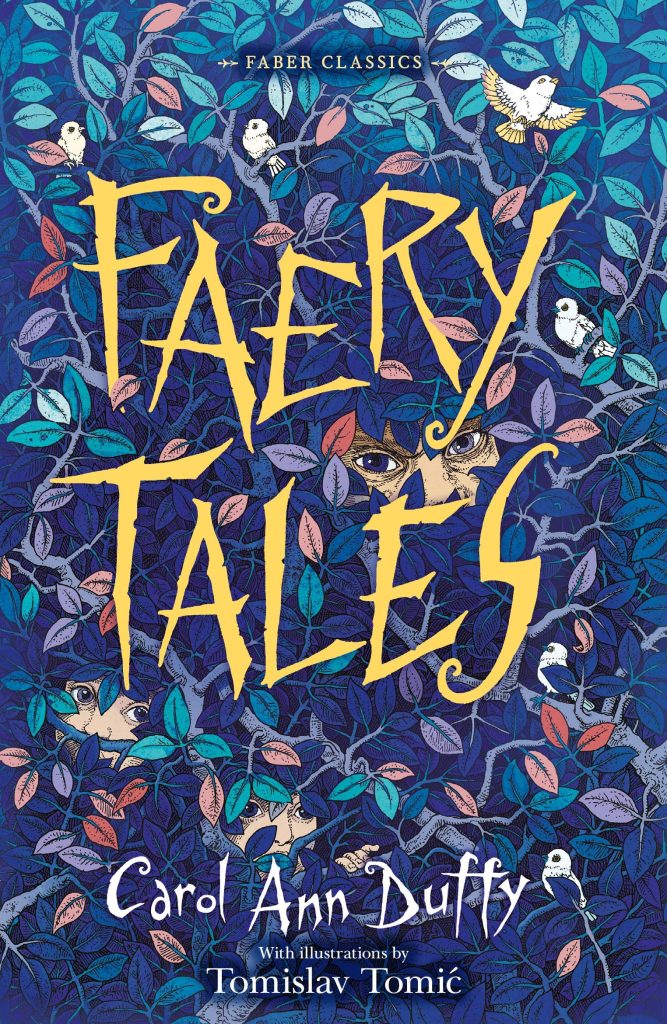
Spring Term
Term 3
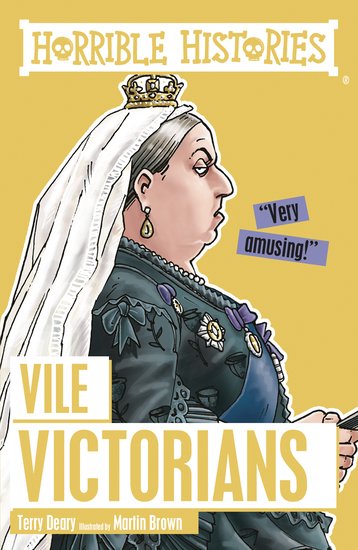
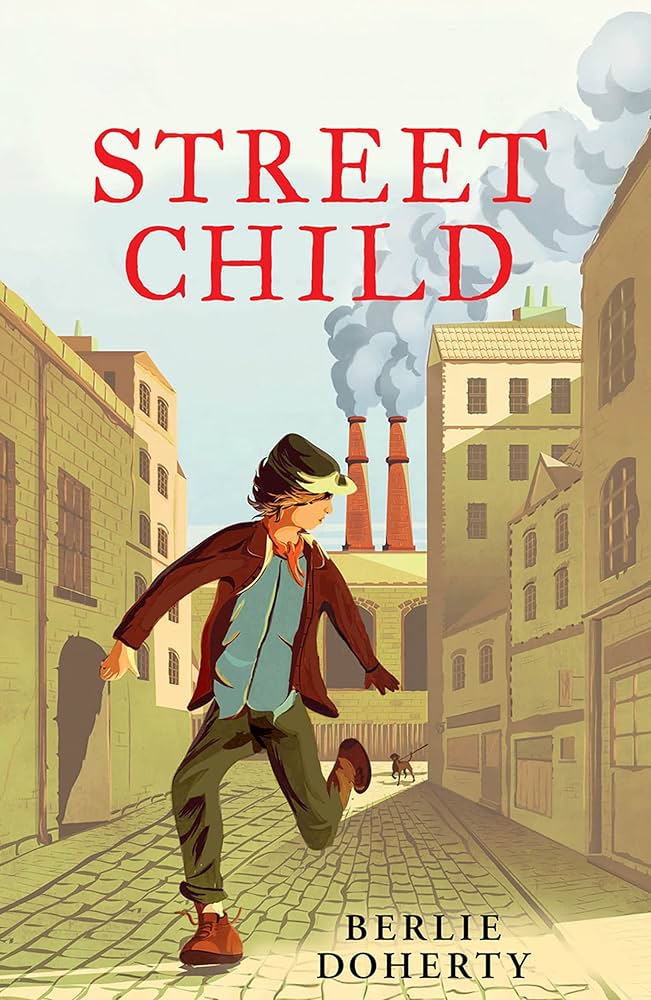
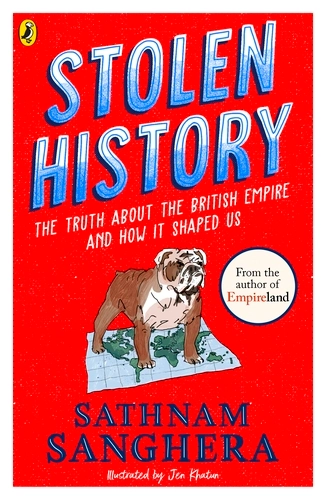
Term 4
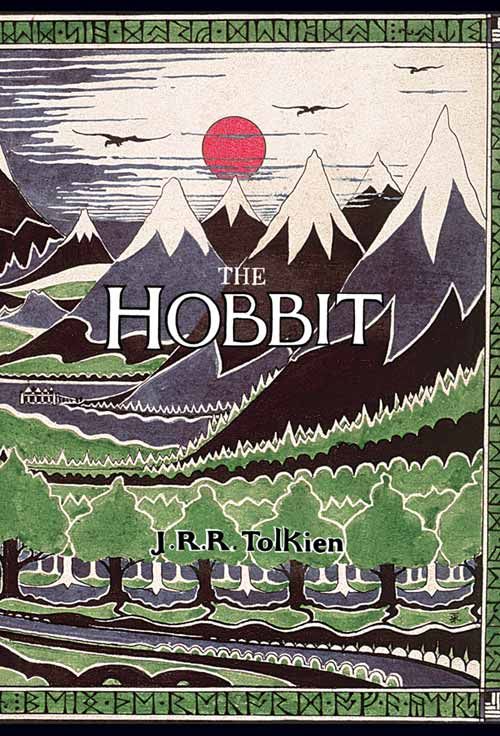
Summer Term
Term 5
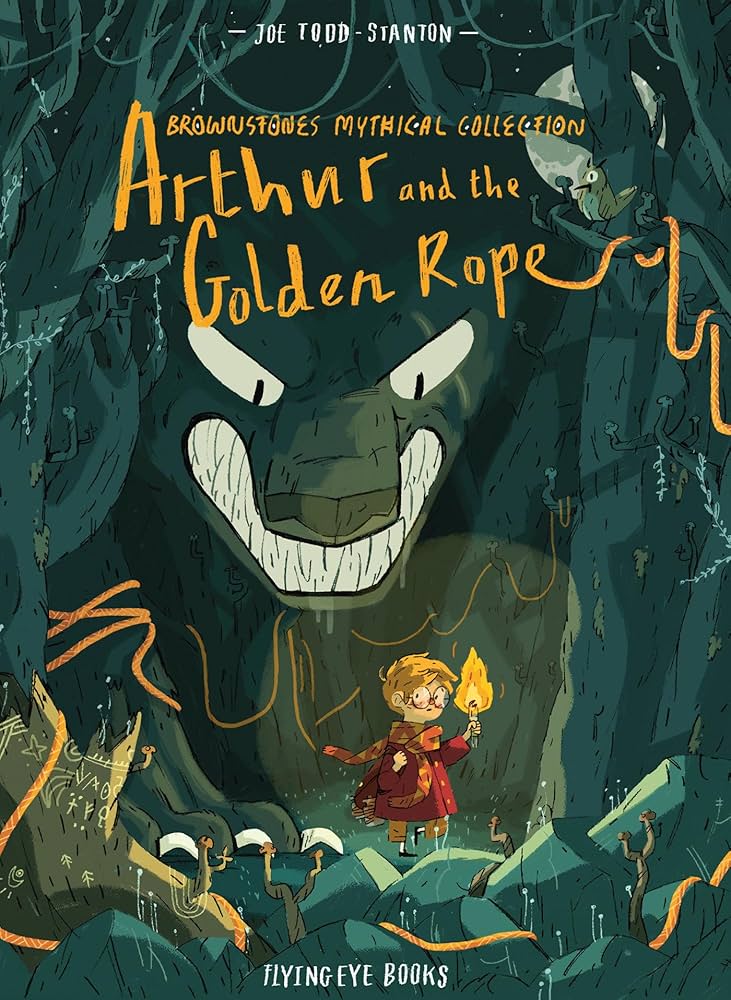
Term 6
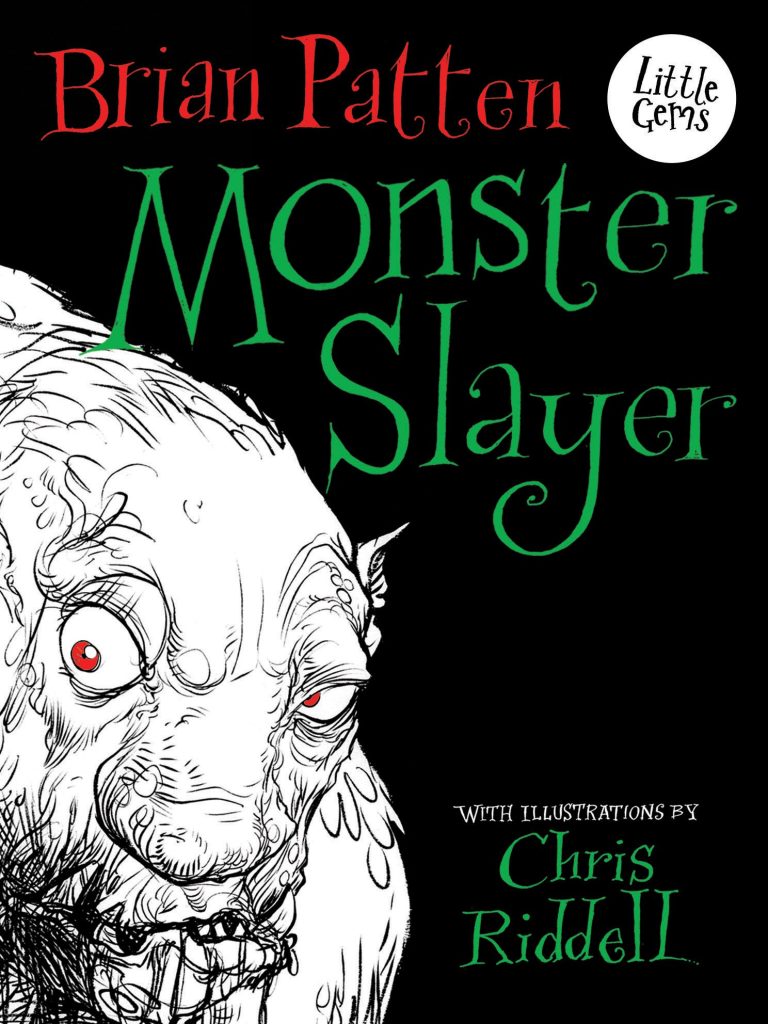
Literary Form
Autumn Term
Term 1
Ready for Spaghetti: Funny Poems for Funny Kids: Poetry
Roald Dahl’s Revolting Rhymes: Poetic Fairy Tales
Term 2
Little Stories, Big Dreams: Non-fiction Picture Books
Fantastically Great Women Who Changed the World: Informative Text
Faery Tales: Modern Adapted Fiction
Spring Term
Term 3
Vile Victorians: Non-Fiction
Street Child: Historical Fiction
Stolen History: Informative Text
Term 4
The Hobbit: Fantasy Fiction (Riddles)
Summer Term
Term 5
Arthur and the Golden Rope: Graphic Novel
Monster Slayer: Modern Adaptation
Term 6
Mouse Bird Snake Wolf: Picture Book
The Lost Words: Poetry
Support Texts
Autumn Term
Spring Term
Summer Term
English Writing Outcomes
Autumn Term
- Acrostic Poetry
- Rhythm Poems
- Rhyming Poetry
- Story Writing Styles
- 500 word stories
- Creative Writing
- Letter Writing
- Fables
- Fairy Tales
Spring Term
- Script Writing
- Historical Reports
- Persuasive Writing
- 500 Word Story
- Diary Writing
- Riddle Poetry
- Instructional Writing
- Newspapers
- Creative Writing
Summer Term
- Newspaper
- Biographies
- Creative Writing
- Leaflet
- Adaptive Storytelling
- Creative Writing
- Citizenship
- Non-fiction
- Action Writing
- Conversations
Maths
Autumn Term
NCETM
- Adding and subtracting across 10
- Numbers to 1,000 (including basic operations, measure, place value and number facts)
NCETM
- Numbers to 1,000 (including number facts, place value and operational calculations)
- Coordinates
Spring Term
NCETM
- Right angles
- Manipulating the additive relationship and securing mental calculation
NCETM
- Column addition
- Column Subtraction
- Review Unit
Summer Term
NCETM
- Unit Fractions
NCETM
- Non-Unit Fractions
- Parallel and perpendicular sides in polygons
- Time
Science
Autumn Term
Plants: Ready to Harvest
- Harvest crops planted in Year 2 from allotments.
- Understand how plants grow and the cycle of a flowering plant
- Recognise soil is made from rocks and organic matter
Term 2
Animals, including humans: Mayan Sports
- Nutritional facts
- Skeleton importance
- Bone/Joint building
- Muscle movement and support
Spring Term
Rocks: Volcano Experiments
- Compare different types of rocks and how they are formed.
- Understand the working features of a volcano
- Develop a shadow puppet show based upon Escape from Pompeii
- Observe the danger of the sun
- Explore opaque and translucent objects
Forces & Magnets: Compass Making
- Understand 2 poles on the magnets and repel nature
- Test everyday materials for magnetic properties
Summer Term
Rocks: Fossil Formation
- Create own fossils
- Explore how fossils are formed
History
Autumn Term
World History: Ancient Maya
- Where does Ancient Maya place on a timeline and on a globe?
- Who were the Mayans – with artefacts
- Everyday life comparison
- The Sacred Nature of crops & Mayan Diet
World History: Ancient Maya
- Mayan Maths (codes, counting systems and calendars)
- Mayan Diet continued
Spring Term
The Roman Empire in The UK
- What was the Roman Empire like in its power?
- Influence Romans had on Britain (and left behind)
- The British Resistance of Roman Invasion
- Hadrian’s Wall
- Roman attitudes to race
- How was Boudica a leader? The difficulties of women in Roman Britain.
The Roman Empire in The UK
- The British Resistance of Roman Invasion
- Hadrian’s Wall
- How was Boudica a leader? The difficulties of women in Roman Britain.
Summer Term
World History: Ancient Egypt
- Observe similarities and differences between the three ancient civilisations.
- Understand the importance of artifacts and primary/secondary resources
- Roads
- Printing Press
- Lightbulb
- Telephone
- Television
- Radio
- Photographs
- Moving Pictures
- Wright Brothers Plane
- Alphabet
- Calendar
- Internet
- Dynamite
- X-Ray
- Tin
Geography
Autumn Term
The UK vs South America
- Locating Britain on a map and identifying key cities
- Locating the equator
- Locate countries in Central America.
- Describe physical differences between Central America and the UK
The UK vs South America
- Locate key cities within central America.
- Draw Human comparisons between these cities and with their understanding of Britain’s cities.
Spring Term
Volcanoes and Mountains
- Understand the key aspects of how a Volcano works and is formed.
- Use this knowledge to learn how Mountains are also formed.
- Identify Mountain ranges in the world.
- How has your local area changed?
Spanish Region Comparison
- Using Spanish language, describe features of the country and a city.
- Observe the similarities and differences between Spain and the UK.
Summer Term
Ancient Egyptian Digital Fieldwork
- Locate Egypt on a map and identify Cairo
- Describe the human and physical similarities and differences to Central America, the UK and Spain.
- Explore why cities are located along rivers and the historical implications of that
Geographical Skills:
- To use world maps, atlases, globes and digital maps to make simple routes.
- To use simple grids and give directional instructions up to 8 cardinal points.
- To use four-figure coordinates to locate features.
- To devise a map of a small area with features to scale in the correct location.
- To continue learning how to use scale.
Religious Education
Autumn Term
The end is more important than the journey: Christianity, Identity and Belonging
- Christian pilgrimages (Lourdes, Iona)
- Life as a journey – key events
- Discussion of Heaven
- Concept of social identity
Judaism & Hinduism
- Importance of Jerusalem
- Pesach, Shavuot & Sukkot
- What is rebirth?
- Importance of Kumbh Mela
- Discussion on temples
Spring Term
Buddhism & Humanism
- What is enlightenment and the journey.
- The eightfold path
- Importance of Bodh Gaya, Sarnath, Jushinagar & Shravasti
- Life as a journey – key events
- How are weddings a journey for people?
- How are birthdays a journey?
- Are holidays special journeys?
Islam
- Importance of Mecca
- What is Hajj?
- The Journey of Ramadan and Eid.
- Discussion of Akhirah
Summer Term
Sikhism
- Who are Sikhs?
- What are values, symbols?
- Lessons from the Guru Granth Sahib
- Afterlife and rebirth
- Inner spiritual pilgrimage
Let’s Get Thinking
- The end is more important than the journey.
- Is it OK to be different?
- What do you need to be happy?
- Text: Jemmy Button
- Text: Beegu
Art
Autumn Term
Term 1
Sewing the Seasons
Spring Term
Summer Term
Music
Autumn Term
Ukuleles: The Basics
- Learning simple chords, C & F.
- Pluck tunes using notes A, B & C
- Harvest Singing
Ukuleles: Strumming
- Chord G7
- Single and double strumming
Spring Term
Battle Music
- Digital Composition
- Charanga Music Notepad
Musical Theory
- Rhythm, metre and tempo
- Pitch and Melody
- Structure & Form
- Harmony
- Dynamics and Articulation
Summer Term
Ukuleles: Preparation
- Begin learning basic tunes on the instrument
- Apply musical theory to practice
Ukuleles: Performance
- Perform a few Ukulele songs as a cohort to Parents and Guardians
Computing
Autumn Term
Spring Term
Connecting Computers & Audio Editing
- Inputs, processes and outputs
- Network infrastructures
- Recording digital audio
Summer Term
Programming B – Events & Actions in Programs
- Moving Sprites
- Understanding features of Block Code
- Debugging
MakeCode Project
- Summary of Year’s learning via Minecraft/Micro:Bit Project
Physical Education
Autumn Term
Dance
- Making a dance to stimulus (Harvest Festival)
- Perform dances using a range of movement patterns
Netball
- Passing
- Catching
- Shooting
- Attacking play
- Defensive play
Spring Term
Swimming
- Front crawl
- Backstroke
- Breaststroke
- Swimming 25m
Swimming
- Front crawl
- Backstroke
- Breaststroke
- Swimming 25m
Summer Term
Rounders
- Batting with soft balls.
- Throwing underarm and catching a ball
- Bowling
- a ball underarm
- Bowling
- a ball overarm
- Fielding – catching,
Term 6
Athletics
- Preparing for sports day
- Sprint
- Throwing and long jump
- Relay
Design & Technology
Autumn Term
Cooking & Nutrition: Harvest Cooking
- Carrot, Squash and Pumpkin inspired recipes
Nutrition & Exercise: Mayan Assembly
- Salsa
- Guacamole
- Tortilla Wraps
Spring Term
Structures: Design a Volcano
- Learn how to construct an object, like a volcano, out of basic materials
Design and Make: Batlle Speech Props
- Shield
- Sword
- Helmet
- Banner with battle cry
Summer Term
Design & Make: Historical Artifacts
- Identify features of artifacts of ancient Egypt.
- Mini Pyramid
- Clay Scarab
- Papyrus Scroll
- Mummified figurine
Design & Make: Fossil Creation
- Plaster of Paris or Clay Fossils
- Designing the boat
- Building the boat
- Testing the boat
- Evaluating the boat
PSHE & SMSC
Autumn Term
Health & Wellbeing
- Healthy Lifestyle
- Mental Health
Relationships & Friendship
- Building friendships
- Respecting Others
Spring Term
Relationships & Friendship
- Internet Safety
- Circle of Trust
Health & Wellbeing
- Staying Safe
- Managing own feelings
Summer Term
Living in the Wider World
- Compassion & Value
- Shared Responsibilities
Term 6
Living in the Wider World
- Positives of the Online World
- What to Share
Spanish
Autumn Term
- Food and Drink
- Healthy Lunch box
- Numbers 1-50
- Sizes
Spring Term
- Places in School
- Subjects in School
- How I look
- Where I live
Summer Term
- Short converstaion about themselves
- Transport



